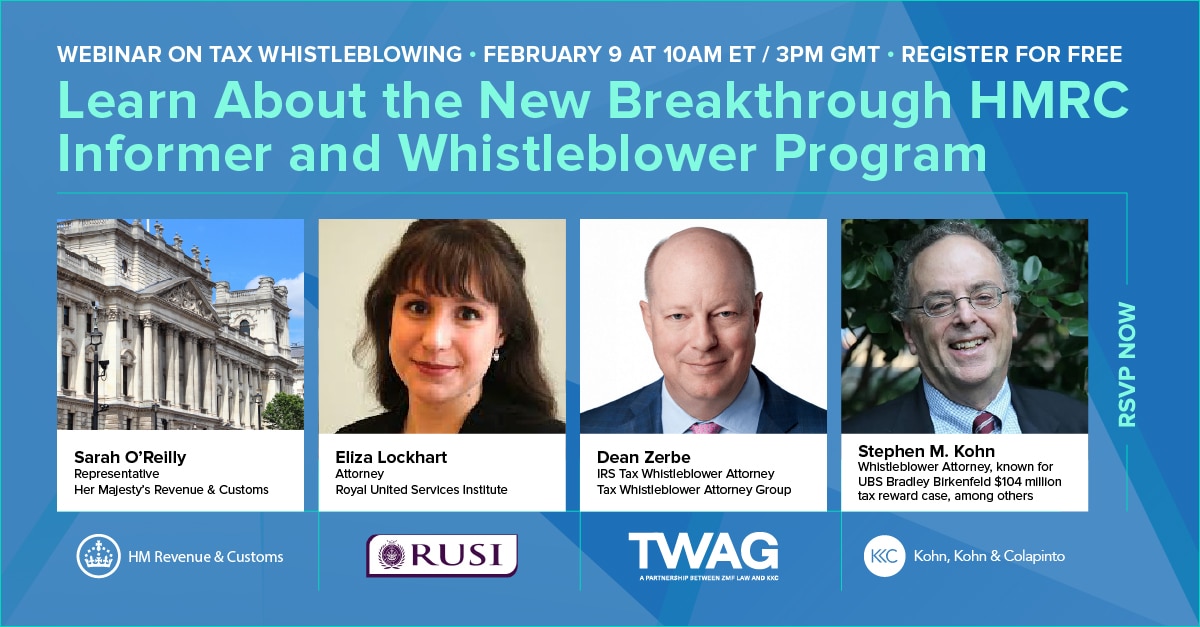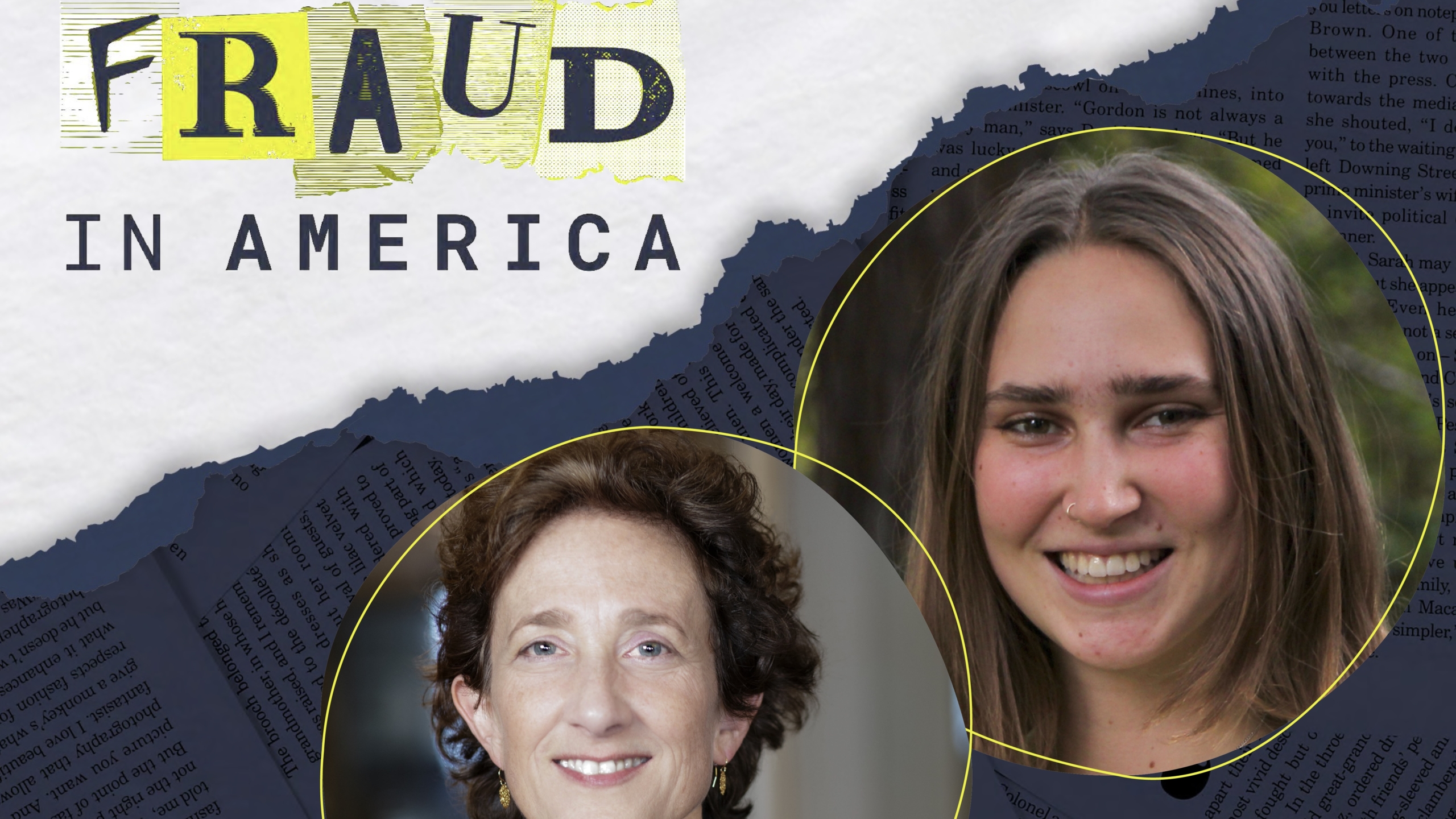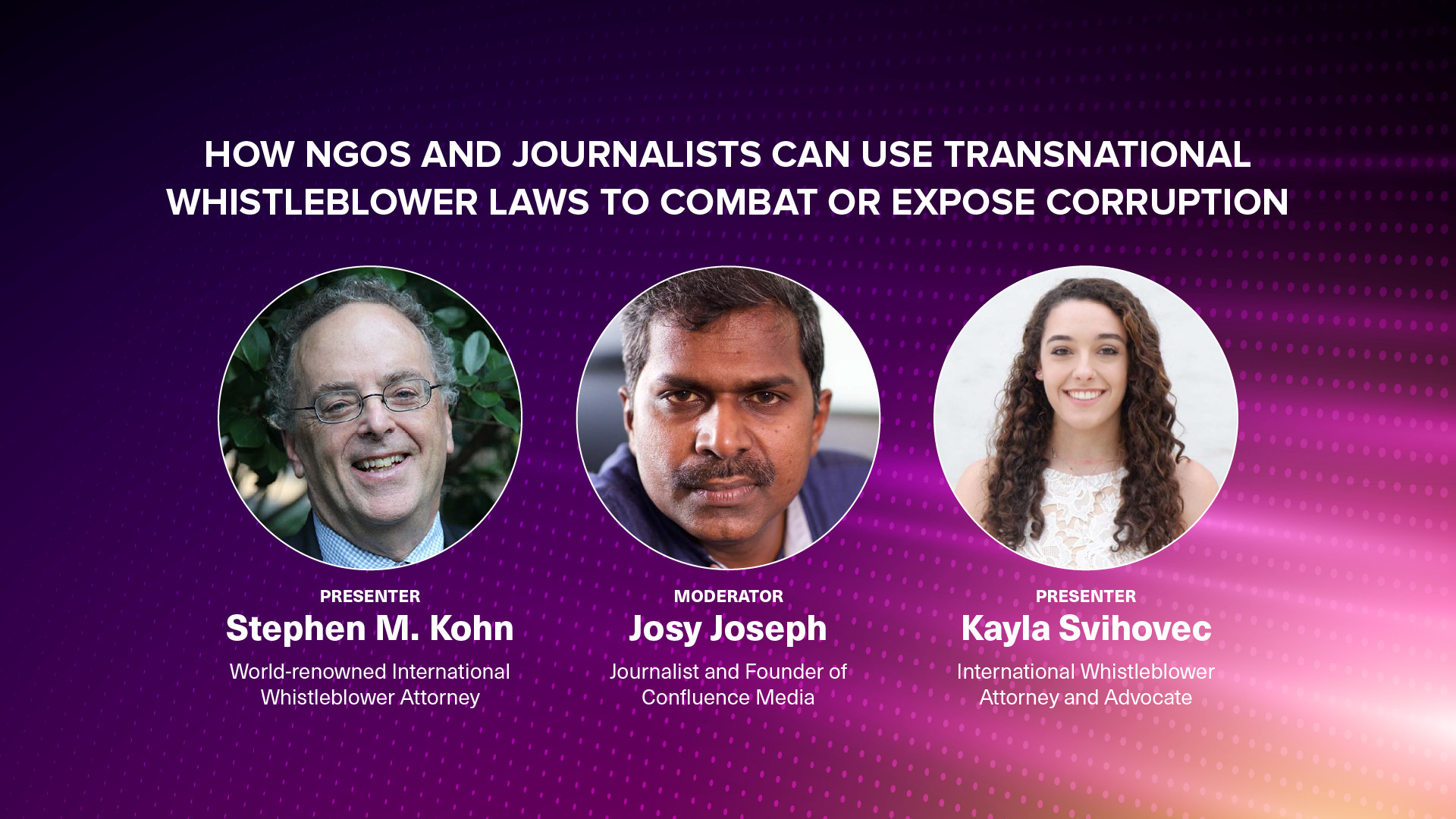Year in Review: Top Whistleblower and Qui Tam Blog Posts of 2019

The whistleblower law firm of Kohn, Kohn & Colapinto has rounded up the most-read stories of 2019 from its Whistleblower and Qui Tam Blog. This year, the blog covered the intelligence community whistleblower who sparked the presidential impeachment proceedings, the challenge to the proposed rule changes to the SEC Whistleblower Program and called for the protection of confidential international whistleblowers. Blog posts included significant whistleblower laws passed in 2019, along with record-breaking amounts of rewards for whistleblowers, including some earned by Kohn, Kohn & Colapinto’s courageous clients.
The most popular posts of 2019:
1. Proposed Rule Changes Will Undermine SEC Whistleblower Program
The whistleblower lawyers at KKC responded to the SEC’s proposed rules to their whistleblower rewards program that threatened the integrity of the program. Proposed Rule 9(e) would make the filing of a TCR mandatory, making some employees who file whistleblower complaints with the SEC ineligible for rewards. KKC partner Stephen Kohn stated this rule would “undermine the core purpose of the Dodd-Frank Act.”
2. Major Breakthrough in Tax Fraud Whistleblower Protections
In July, IRS whistleblowers who file claims of tax fraud received increased protections under the IRS whistleblower program, including brand new anti-retaliation provisions. “The Taxpayer First Act closes the largest loophole in corporate protections,” KKC partner and leading whistleblower attorney Stephen Kohn said. Under the Taxpayer First Act, tax whistleblowers will also be permitted broader communications with the IRS whistleblower office, which will facilitate the full prosecution of tax frauds.
3. 60 Minutes Features Danske Bank Whistleblower
In May, CBS’s “60 Minutes” ran a story featuring KKC client Howard Wilkinson, the Dankse Bank employee who exposed what experts say is the largest money-laundering scheme in history. Wilkinson, who is represented by whistleblower lawyer Stephen M. Kohn, revealed that the Estonian branch of Danske Bank he worked at was allowing customers to open accounts without proper screenings.
The hit CBS News show “Whistleblower” featured KKC client Bunnatine (Bunny) Greenhouse in June. Ms. Greenhouse exposed what may be one of the largest contracting frauds in history when she blew the whistle on an illegal $12 million no-bid, sole-source contract issued to KBR right before the Iraq War.
The whistleblower law firms Kohn, Kohn & Colapinto (KKC) and Zerbe, Miller, Fingeret, and Frank (ZMFF) working as co-counsels, account for nearly $725 million of the tax dollars brought into the Treasury through the whistleblower program last year. Their clients received $158 million of the $312 million in awards announced by the IRS.
6. Can You Blow the Whistle on the President? Whistleblower Attorneys Provide the Answers
In response to the news of an Intelligence Community employee who filed a complaint against President Trump, the whistleblower attorneys published a list of frequently asked questions (FAQs) to answer the hotly debated question: Can you blow the whistle on the President? The FAQs provide resources such as laws and statutes for federal employees who want to report waste, fraud, and abuse at their offices.
7. Government Employees Have Fundamental Rights as Citizens, Including Testifying in Court
The whistleblower attorneys at KKC filed an amicus curiae (or “Friend of the Court”) brief to the Supreme Court in Butler v. Board of County Commissioners for San Miguel County on behalf of the National Whistleblower Center. The brief states that government employees have the First Amendment right to testify in court even if the outcome may be adverse to the interests of their supervisor, citing the Civil Rights Act of 1871, which ensures that “all people had access to all courts without fear.”
The Greek press interviewed whistleblower attorney Stephen Kohn in response to a letter he sent to Greek authorities. Kohn’s confidential Greek clients, who reported allegations of bribery by the pharmaceutical company Novartis, were threatened by Greek authorities who initiated proceedings to leak the whistleblowers’ identities.
9. Paying Rewards to Marine Pollution Whistleblowers under APPS is Essential to Enforcement
Leading whistleblower lawyer and founding partner at KKC Stephen M. Kohn joined the International Network for Environmental Compliance and Enforcement for a presentation about whistleblower rewards for ocean pollution whistleblowers. In his presentation, Kohn explained how monetary incentives increase the number of whistleblowers willing to step forward and report corruption and fraud using laws like the Act to Prevent Pollution from Ships (APPS).
10. SEC Awards Overseas Whistleblower $500,000
An anonymous overseas whistleblower was awarded half a million dollars for their role in successful enforcement action by the Securities and Exchange Commission (SEC). This action helped the SEC eclipse $2 billion in monetary sanctions against wrongdoers based on information reported by whistleblowers. At this time, the Commission had paid over $300 million in rewards.
11. Sen. Grassley Questions DOJ on the Granston Memo’s Role in Dismissal of Qui Tam Whistleblower Cases
A longtime champion for whistleblowers, Senator Charles Grassley (R-IA), expressed his concern over a 2018 Department of Justice (DOJ) memo that encouraged government attorneys to take fewer False Claim Act cases. The “Granston Memo” allows for the government to dismiss cases if the litigation seems too burdensome or would use too many government resources, a clear threat to the effects of the widely successful qui tam whistleblower provisions of the False Claims Act.
12. IRS Whistleblower Program Lacks Vital Resources
In an update to its “Whistleblower Timeline Process,” the IRS Whistleblower Program revealed that the process for a whistleblower to receive an award could be more than ten years. IRS whistleblower attorney and cofounder of the National Whistleblower Center Stephen Kohn expressed his concern over the delays, stating, “Urgent Congressional action is needed. An immediate legislative fix is necessary to ensure compensation to whistleblowers promptly.”
13. First SEC Whistleblower Award Paid for Tip Resulting in Company Self-Reporting
In May, the first SEC whistleblower award paid to a whistleblower who initiated their company to self-report was announced by the SEC. This provision of the SEC whistleblower rules is designed to incentivize self-reporting by whistleblowers who also report their claims to the SEC within 120 days. The whistleblower received $4.5 million as a result of their reporting.




